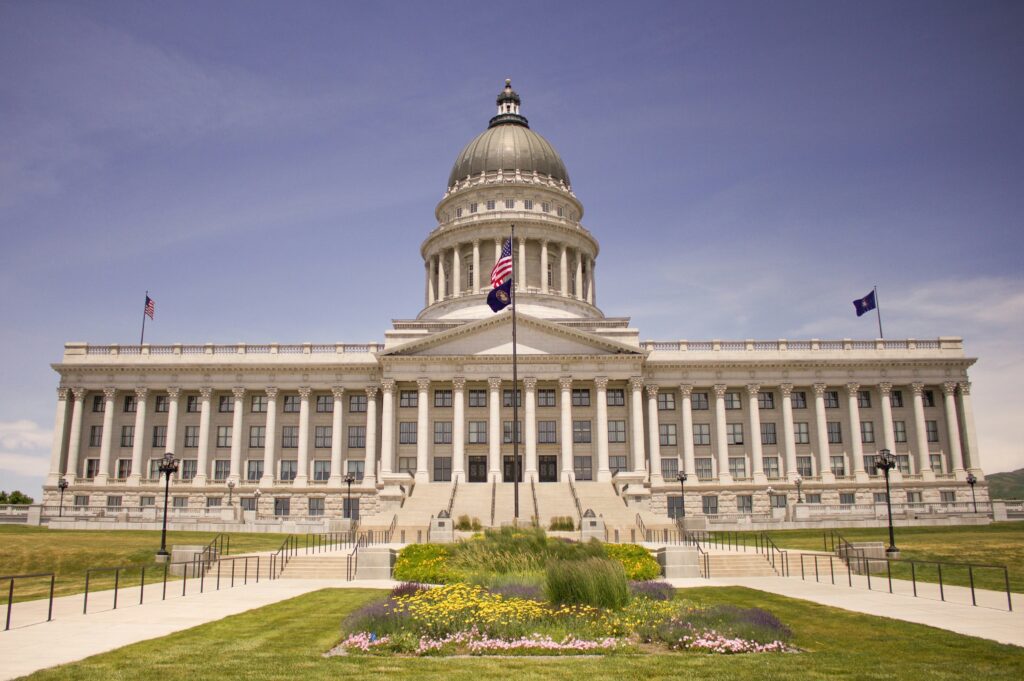A Peaceful January 6, Four Years Later
Congress gathered on January 6 to certify Donald Trump’s victory in the 2024 presidential election, ushering in his second term. Unlike the chaos of the same date four years ago, this certification process unfolded calmly. Lawmakers counted electoral votes and declared Trump the winner over Vice President Kamala Harris.
The absence of violence or disruption marked a stark contrast to the Capitol riot of 2021. “I think it will almost be a nonevent,” predicted Sen. Richard Blumenthal, D-Conn., ahead of the session. Trump’s clear win in both the popular vote and Electoral College contributed to the smooth proceedings, as even critics refrained from contesting the outcome.
Yet, the shadow of the January 6, 2021, attack lingers in public memory. That day, Trump supporters stormed the Capitol, seeking to overturn Joe Biden’s election victory. While this year’s certification reflected order, the events of four years ago continue to fuel debates about democracy’s resilience and fragility.
Debates Over Pardons and Justice
Trump’s campaign promises to pardon individuals convicted in the Capitol riot remain a contentious issue. Federal prosecutors charged over 1,600 people in connection with the attack, resulting in more than 1,000 convictions. Trump’s vow to review these cases on “Day One” of his new term has sparked heated discussions.
Critics argue that such pardons would undermine accountability. Rep. Jamie Raskin, D-Md., rejected the notion of pardoning individuals convicted of violent acts. “These were crimes against the government, including sedition and assaults on officers,” Raskin said. “Pardons would further erode faith in constitutional democracy.”
Rep. Seth Magaziner, D-R.I., warned that pardoning Capitol rioters could embolden future political violence. “It sends the message that violence under Trump’s banner will face no consequences,” he said. However, Trump’s supporters view pardons as a necessary correction to what they perceive as unjust prosecutions.
Some defendants hope Trump’s return will bring clemency. Requests to delay trials or attend the inauguration highlight the anticipation surrounding his promises. U.S. District Judge John Bates has yet to rule on such requests, but the issue underscores the enduring influence of the Capitol riot on legal and political discourse.
Reflecting on January 6’s Legacy
January 6, 2021, remains a polarizing event in American history. For many, it represents a violent assault on democracy. For others, it symbolizes defiance against a system they see as flawed. Harvard professor Alexander Keyssar observed that these contrasting perspectives reflect broader societal divides, likening them to debates over the Civil War’s legacy.
Trump’s return to power deepens these divisions. His supporters view his victory as vindication of grievances over the 2020 election. Meanwhile, critics warn that his rhetoric and actions could further strain democratic institutions. During his campaign, Trump often threatened political opponents with investigations and imprisonment, raising concerns about the rule of law.
“The Constitution ensures we have no kings or emperors,” said Rep. Raskin. “No president can imprison people simply because they oppose him.” Other lawmakers worry that Trump’s proposed pardons could destabilize democratic norms, enabling more attacks on institutions.
As Trump prepares to begin his second term, the nation reflects on what January 6 represents. His inauguration on January 20 will mark a pivotal moment, testing how America reconciles its democratic ideals with the challenges of recent history. The legacy of this turbulent era will depend on how the country addresses these unresolved tensions.


